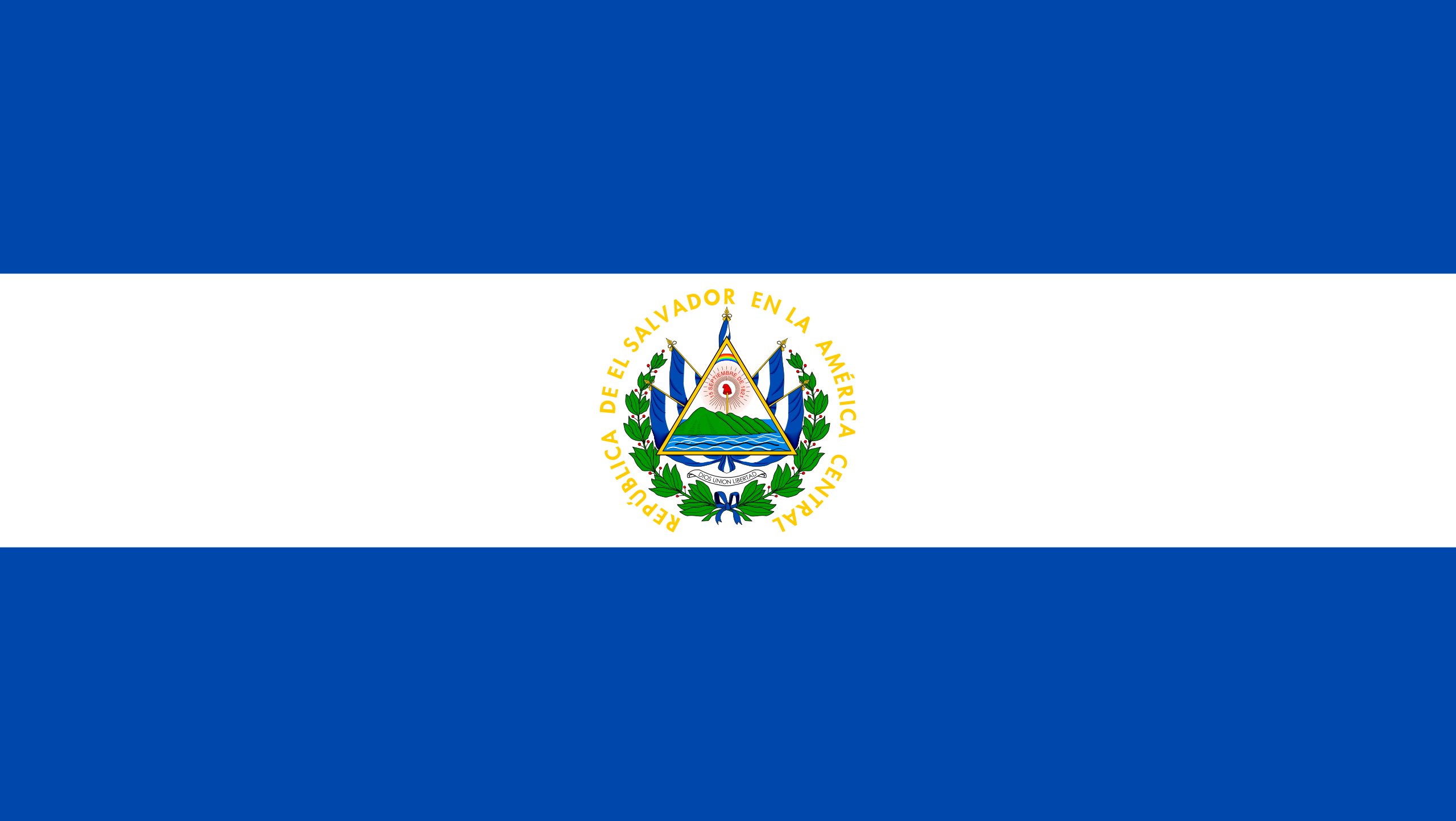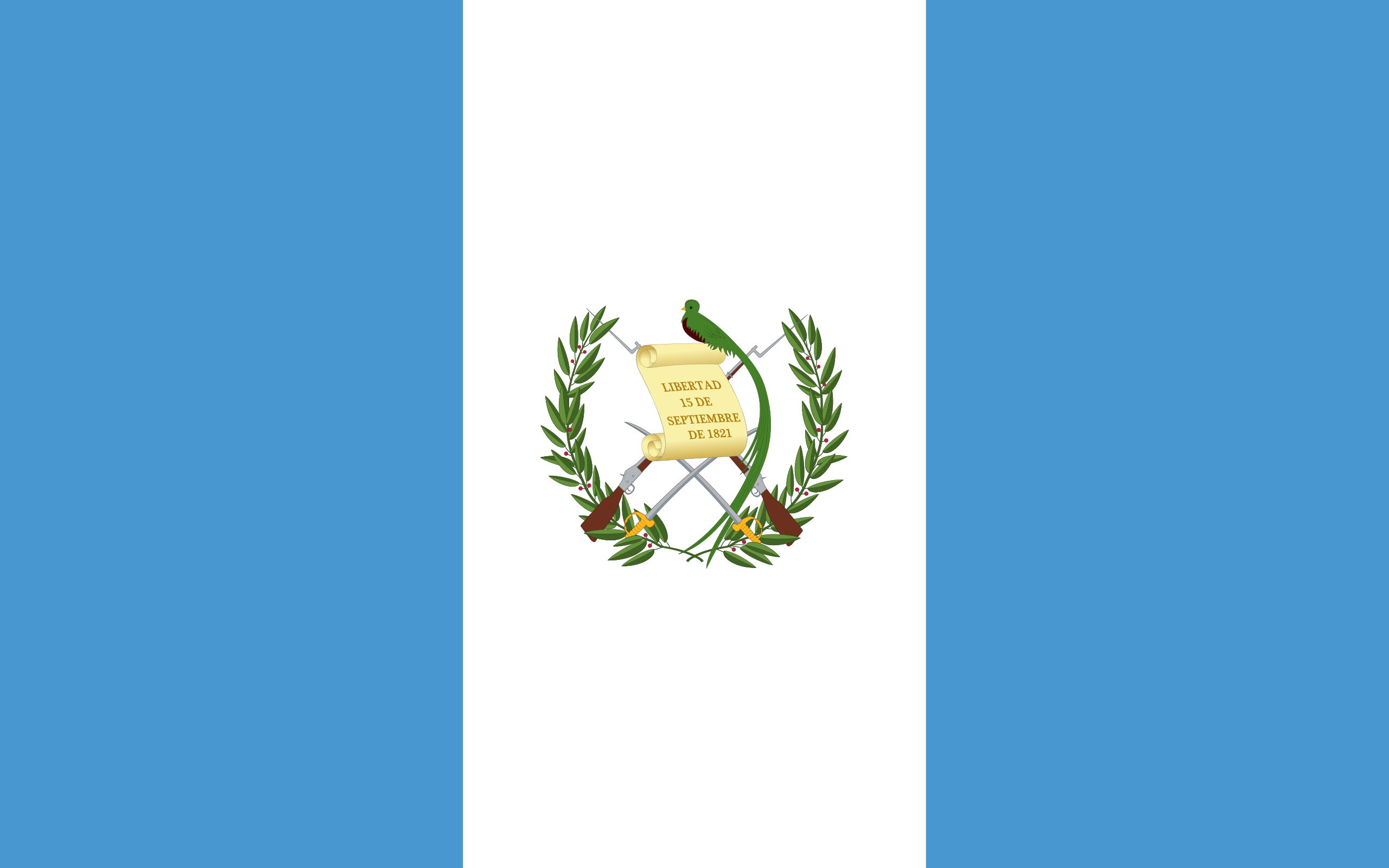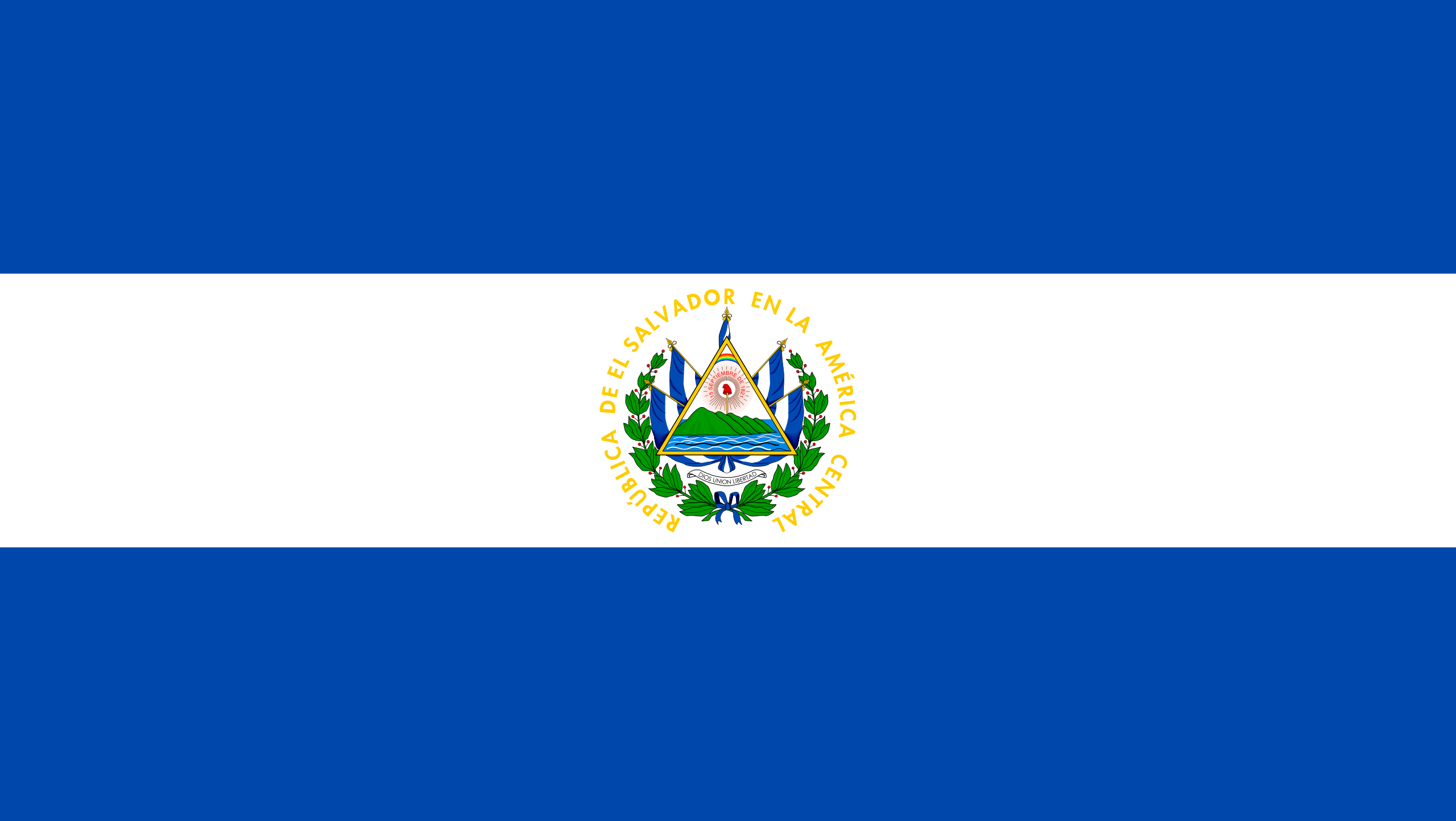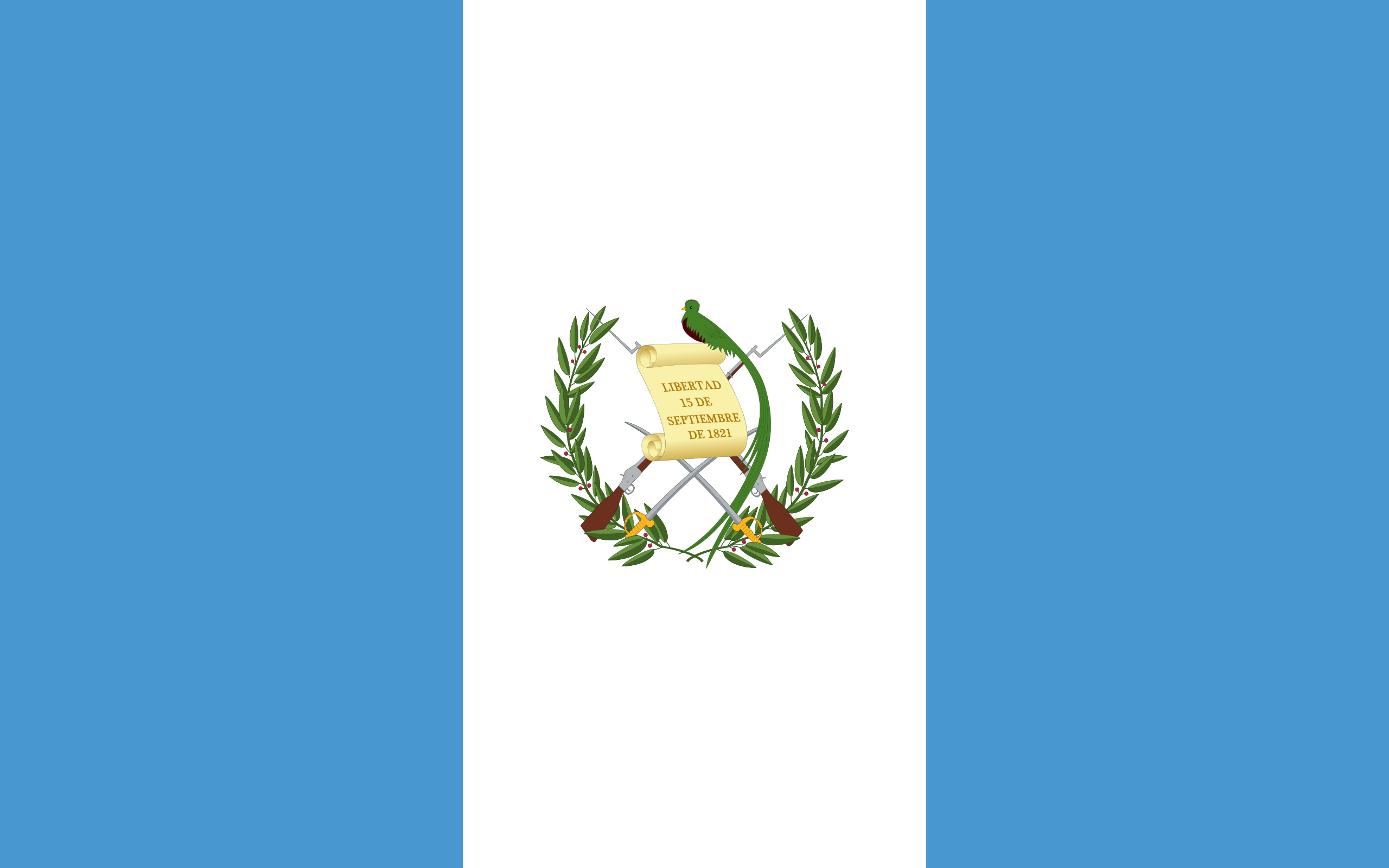In July, Rep. Mario Díaz-Belart (R-FL), chair of the House Appropriations Subcommittee on State & Foreign Operantions, announced that he was deferring all aid to Colombia, including humanitarian and economic development assistance. This announcement has caused quite an outcry from peace, human rights, and faith-based organizations, including the Presyberian Church, in the US.
On July 26, several U.S. civil society organizations expressed their strong support for U.S. assistance to support peace in Colombia and encourage the Biden Administration to strengthen its support and diplomacy for peace, including for the peace negotiations with the ELN (National Liberation Army), the second largest rebel group. Peace Accords were signed with the largest rebel group, the FARC (Revolutionary Armed Forces of Colombia), in November 2016.
Lisa Haugaard, senior associate at the Latin America Working Group (LAWG): “The Biden Administration also has an ally in Colombia to check off many of the goals it has set for itself in its foreign policy: addressing climate change, protecting the environment, fighting racial discrimination, supporting labor rights, aiding Venezuelan migrants and refugees, building a sustainable and humane counternarcotics policy, and supporting LGBTQ and women’s rights. It’s frankly self-defeating and senseless for members of the House to block assistance and collaboration with Colombia.”
Gimena Sanchez-Garzoli, director for the Andes at the Washington Office on Latin America (WOLA): “[Colombia] is applying lessons learned from past failed peace and demobilization of illegal armed groups processes to attempt to dismantle illegal armed groups, minimize humanitarian crises, prevent displacement and protect civilians. Colombia continues to be the country with the most progressive and rights-based approach to addressing the Venezuelan humanitarian crisis despite having its own internal displacement.”
Catherine Gordon, representative for international issues in the Office of Public Witness, Presbyterian Church USA: “[The Presbyterian Church of Colombia] has called on us for support in supporting human rights and with the displaced and most impoverished communities. Its assembly has made declarations about the damages from war and militarization and the grave consequences of not supporting the pathways to peace and human rights. At this critical moment, the United States must not abandon the crucial initiatives of justice and reconciliation begun by the Petro administration. We must continue to contribute to a future of peace with justice and equality for Colombia.”





